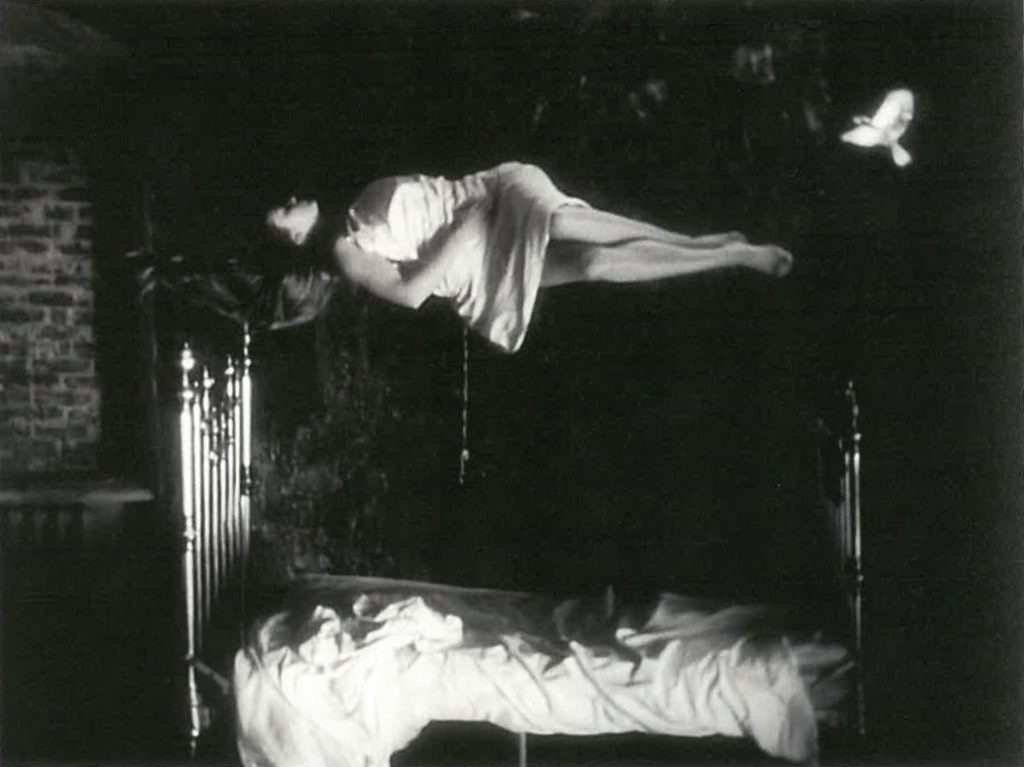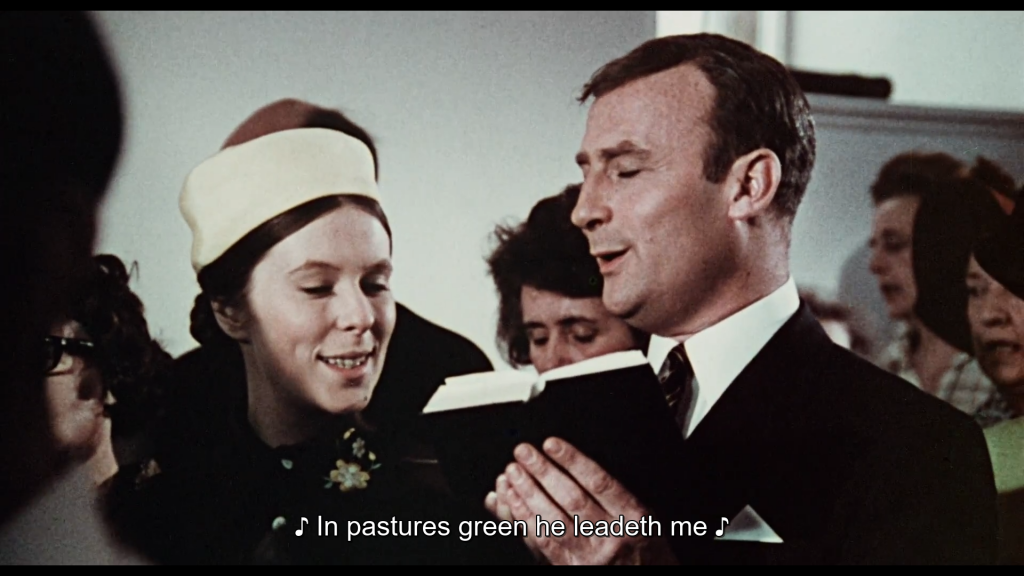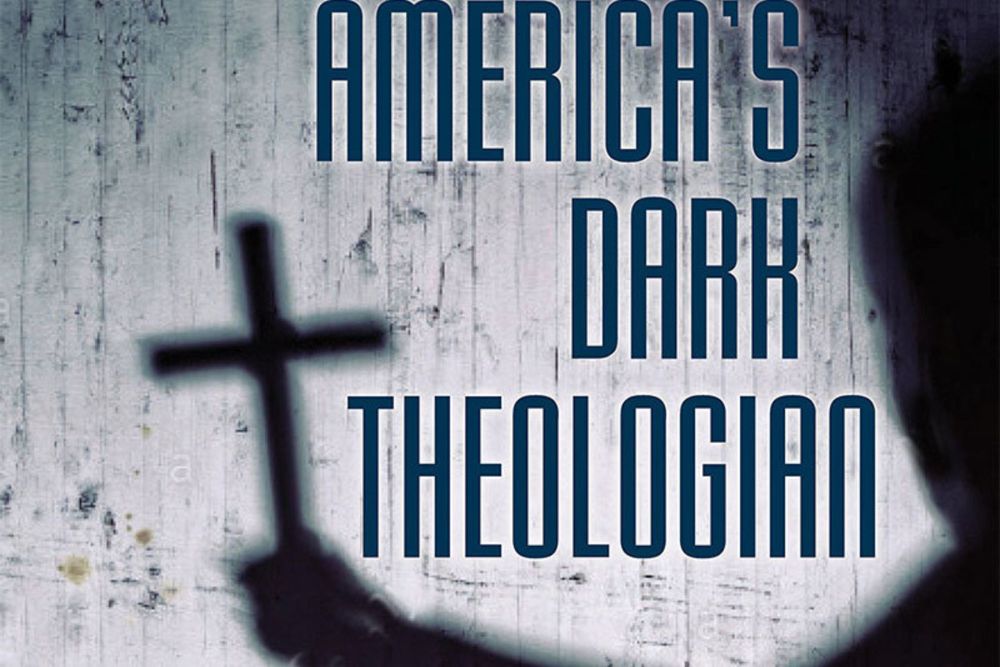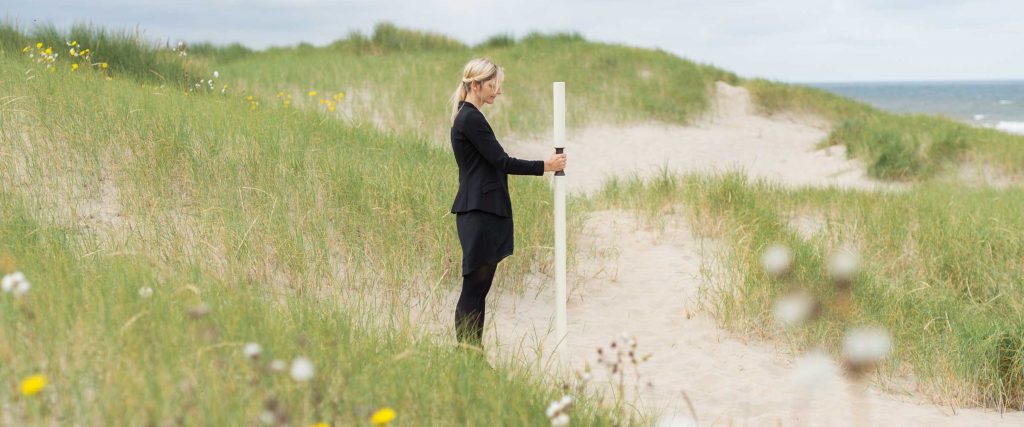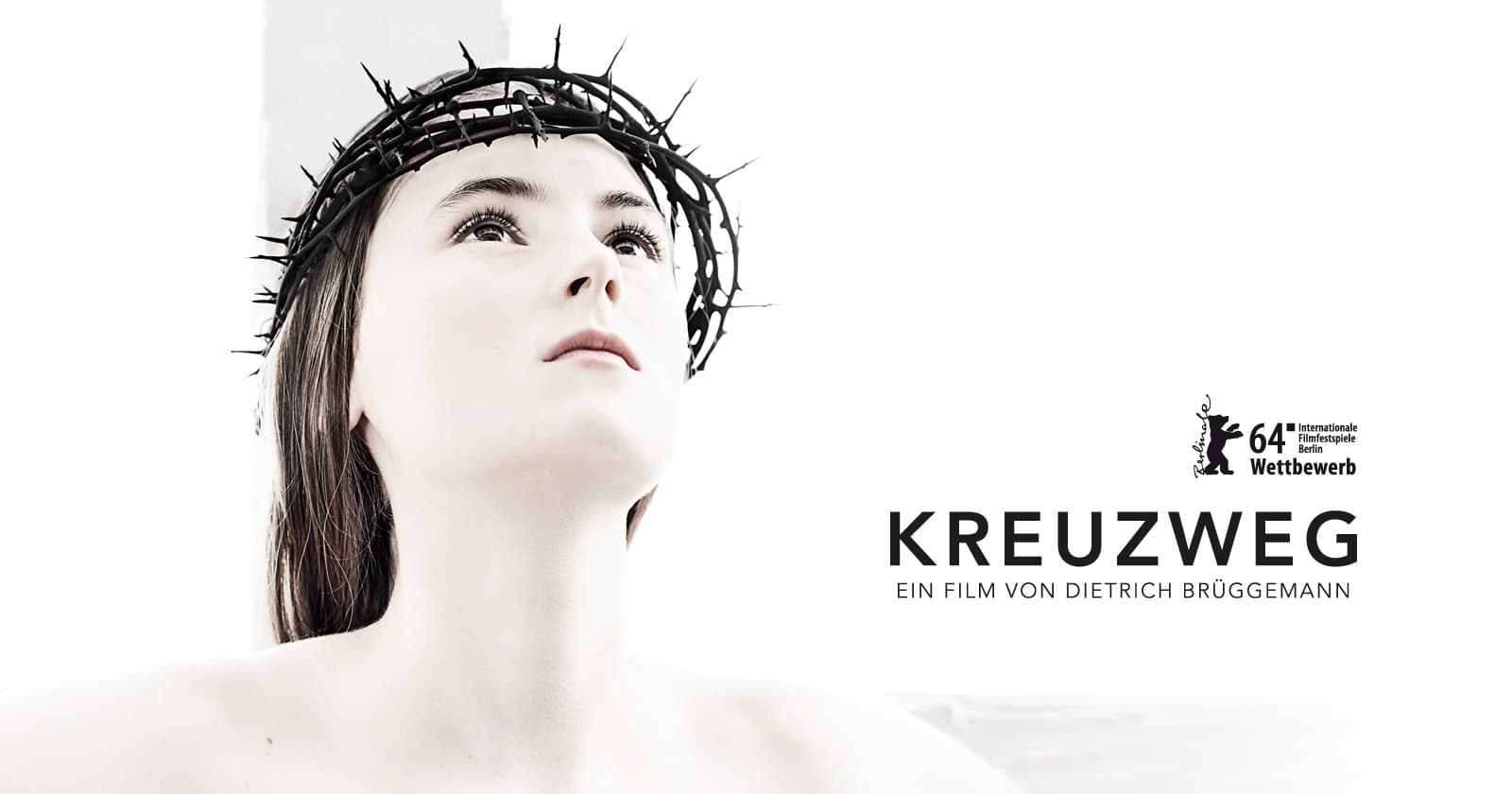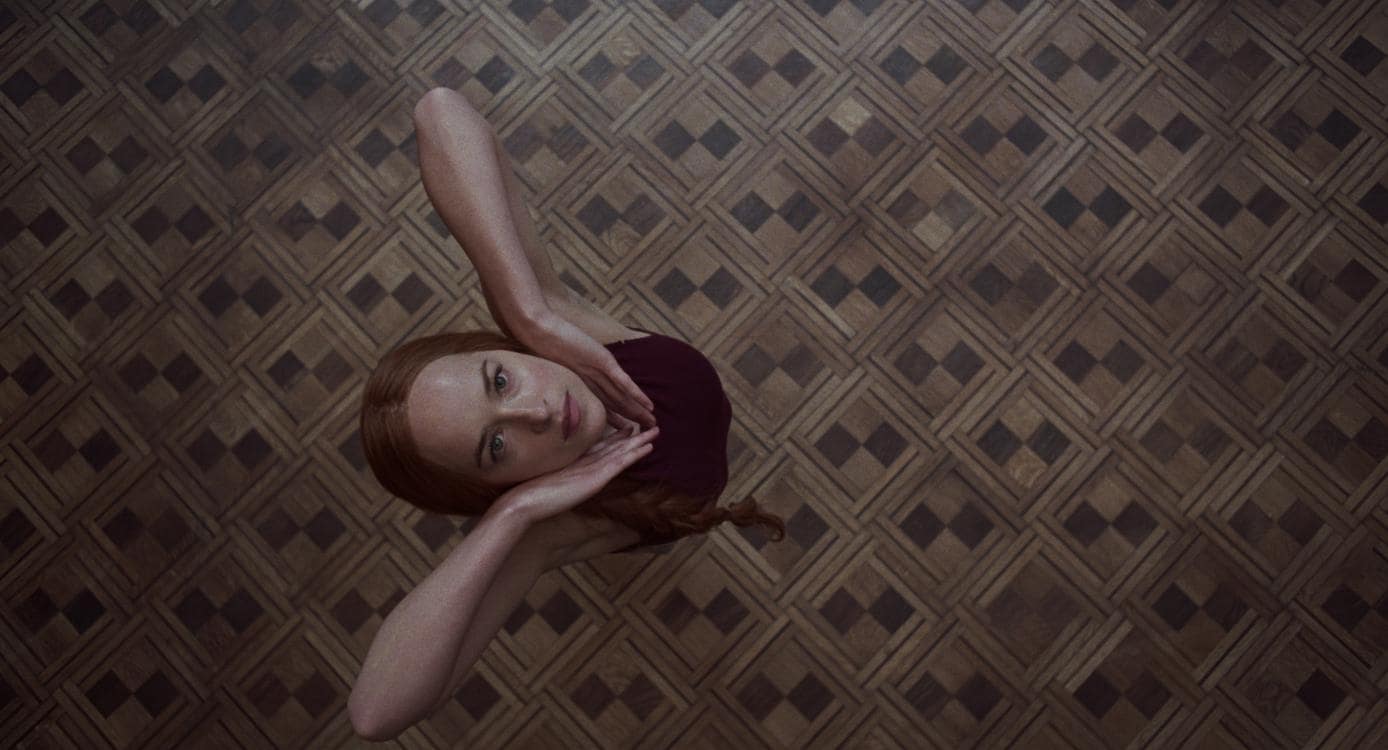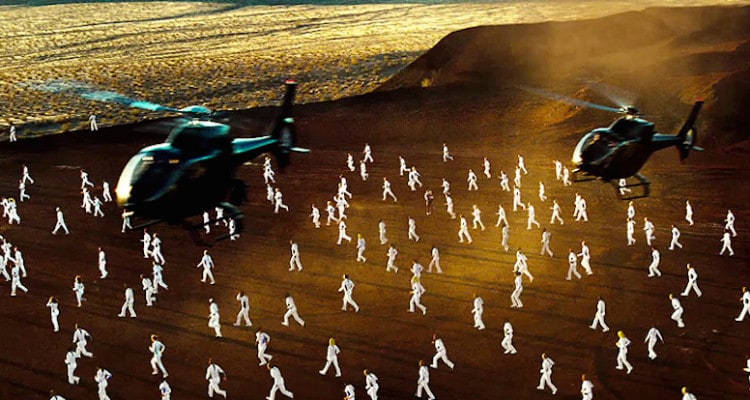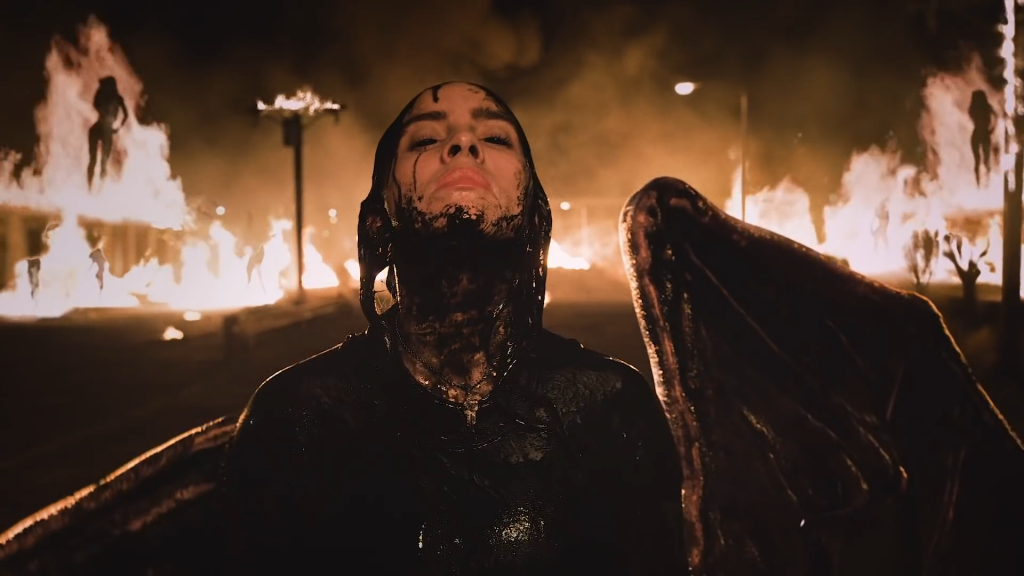
I wrote an extensive paper on pop star Billie Eilish and her song all the good girls go to hell. If you are interested, you can read it right here. I wrote it in the context of my research master in Religious Studies at Utrecht University and my interest in music, popular culture & the transformations of western culture, identity politics, symbolism and transgression.
Lees verder Billie Eilish’ all the good girls go to hell, Lucifer and the embodiment of individualism [Paper]
